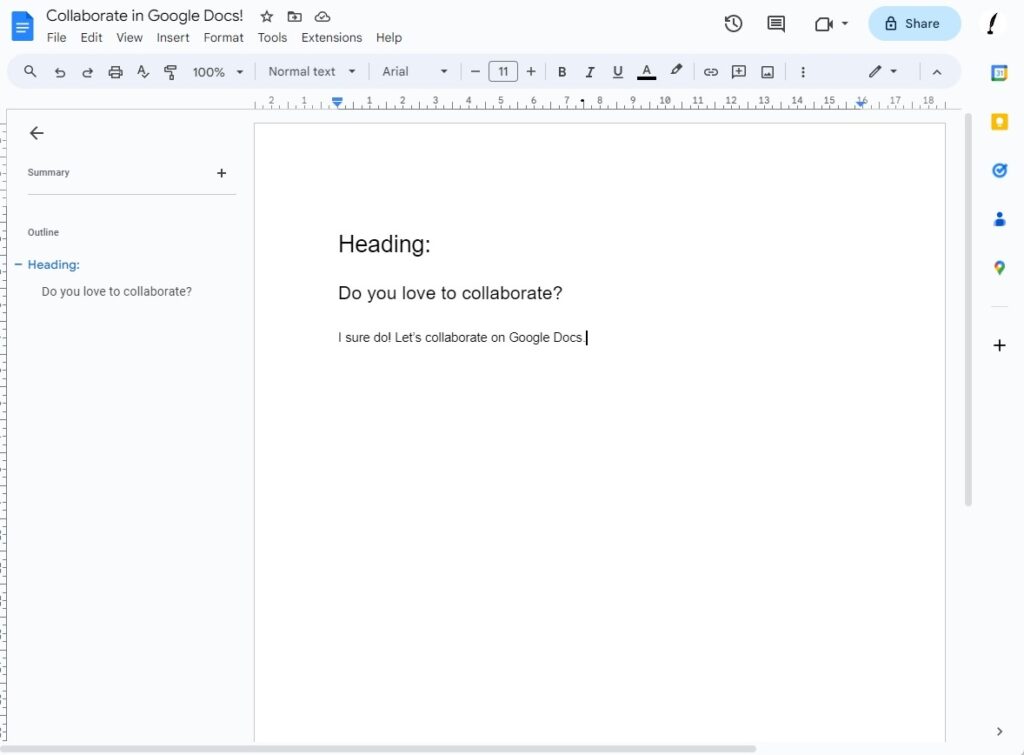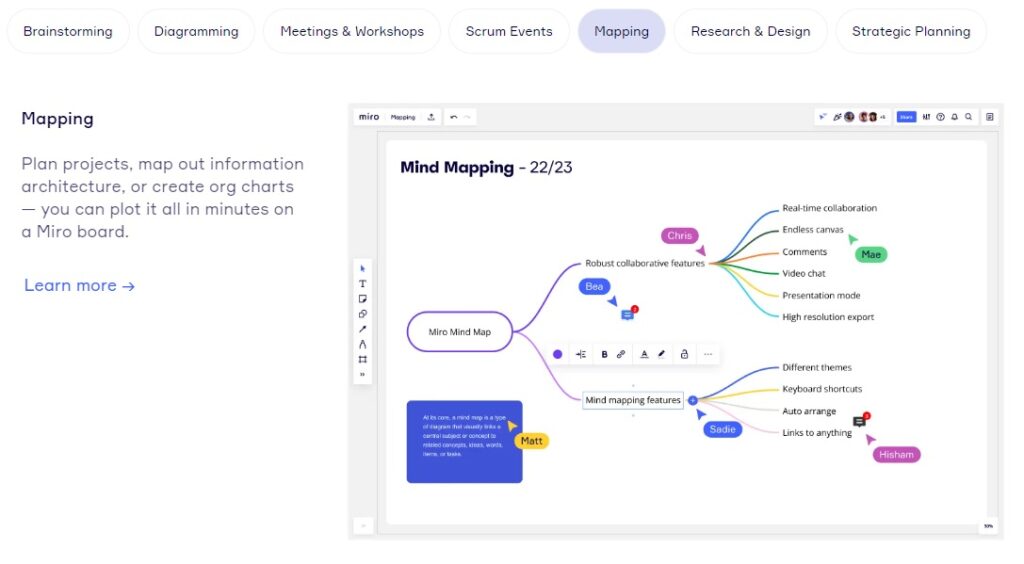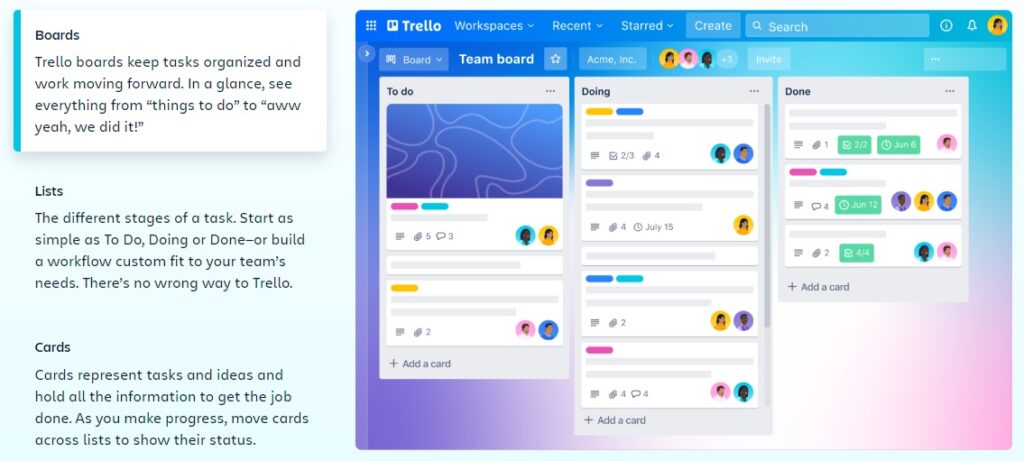You don’t have to fly solo?
Some writers like to approach the craft alone, finding they work best solo. Others (like myself) prefer to collaborate and need outside input to feel inspired or productive on certain projects. Both approaches are great!
We here at the Motley Writers Guild like to work together sometimes, and we’ve got some tips (and warnings) about how to best collaborate with a fellow writer to get the most out of your shared experience.
It’s okay if you’ve never done it before! You may not know if you like it until you try.
But if you’ve ever thought about finding a writing collaborator, or co-authoring a story with someone else, then this blog post is for you!

My own history with collaborative writing…
Like a lot of other people, my introduction to stories with more than one author was Margaret Weis and Tracy Hickman’s classic DragonLance series. At some point in my childhood I discovered Dragons of Autumn Twilight and promptly fell in love with the world of Krynn and all the characters within it.
Not only did it introduce me to epic fantasy and RPGs, it was also my first time reading anything with two authors. It was intriguing. Sometimes a story could belong to more than one writer, just like how they belong to the readers who enjoy them!
But the question remained: HOW DO THEY DO IT?
Then, in the halcyon days of early internet message boards, I found a group of friends on the website of a band I liked. Self insertion fanfics were all the rage. I would spend hours reading and writing stories on the forums. Members would post a page or a chapter, then someone else would write the next, trading back and forth–sometimes with a half dozen people all crafting these behemoths of bad grammar and wish fulfillment. I thought that was the coolest thing ever.
I’ve always missed those first fun, intensely collaborative experiences with other writers. Sure, the stories were awful, but they were ours, and there was nothing better than talking about a shared story with other people who were as passionate about it as I was.
Partnering Up!
Last year fellow Motley Writers Guild member, A.D. Moseley, and I collaborated on writing a novel set in the near future in a world where elves and dragons coexist with humans, and magic is just as important as technology. We worked together on everything from the characters and their backgrounds, to the overall plot, down to detailed chapter outlines. We each worked on the first and second drafts, adding chapters or scenes and tweaking wording here and there. Each new revision was done by one or both of us, until we had a polished manuscript I’m proud to call Our Own. An Em Van Moore and A.D. Moseley book baby.
For the first time in a long time, I felt almost like a kid again. I’d log on to my computer (and our shared Google Doc) to see what she’d written and it was like Christmas morning each time!
I discovered what I already knew: I really, really love to collaborate. I love almost everything about it! The brainstorming, the trouble-shooting, the back-and-forth of creativity, even the problems that can arise between two people with different styles and visions.
Maybe you’re like me, and you crave the write partner-in-crime to craft something interesting; something that’s a combination of two (or more) people, and could only have come from individual minds working together.
Or maybe you just want to stay in your writing nook by yourself, and don’t like outside input or influence. If that’s the case, then what are you doing reading so much of this blog post? I told you what it was about right at the beginning! Go read one of our other articles, perhaps about whether to chose Small Press or Self Publish? Or about Finding Time To Write?

Do you like to read about things before you do them?
Well this book’s for you!

Create With Co-Authors: How to Use Effective Collaboration to Level Up Your Writing by Donna Barker, Crystal Hunt, and Eileen Cook
These writers run The Creative Academy for Writers and would be a great resource for you when you embark on your collaborating journey.
Let’s dive into the “how” of collaborating with other writers!
First things first. You should have worked on your writing skills to the point where you are an adequate writer, at the very least. Know where your commas go. Be able to write three-dimensional characters. You know what a plot is, pacing, and structure too. All those good things that make up the foundation of writing skills.
Without those, you will not be a very effective collaborator, and you may put too much work on the shoulders of others. Your writing partner shouldn’t have to correct basic grammar, or explain to you which “there”, “their”, or “they’re” to use. Sure, some things they’ll catch that you won’t (I’m notorious for not using possessive apostrophes correctly), but overall they shouldn’t have to teach you how to write. That’s time and energy wasted that could have been spent writing and creating with each other.
Next, you’ll have to have worked on yourself enough that you can take and give criticism in a healthy way. If you are thin-skinned and will be offended by a writing partner not liking your ideas then you probably will not enjoy collaborating at all!
Check out this blog post on 10 Ways To Improve Receiving Critique, as well at it’s sister post: 10 Ways To Improve Your Writing Critique.
Have you done all that? Are you relatively confident in your abilities? Are you eager to work with other people? GREAT!
Let’s continue…

You’ve got the foundation, now how do you get to the collaboration?
There’s no “I” in teamwork but there is an “us” in teamwork (if you spell it completely wrong).
You’ll want to figure out what you want to write, what kind of collaboration you want to do, and what your writing methods are.
Are you a pantser or a plotter? Or perhaps the chaotic middle child of writing approaches: the plantser? (Check out our blog post on The Pantser/Plotter Spectrum) I happen to be a plantser myself, so you’re in good company.
Do you only like Romance Novels?
Or you prefer Horror?
Maybe you want to collaborate on an adorable children’s book about a dragonfly named Danu?
Well you’re going to want to find someone who writes in the same genres as you!
Our very first Motley Writers Guild blog post ever was about How To Find Your Writing Buddies, and it’s a great resource for finding a supportive writing group/community, and a potential future collaborator.
Post on forums. Check out reddit. Join local writing groups. Get out there and find your person, and then strike up a collaborative relationship. It may take a while, but don’t become discouraged. It took me a few decades to find A.D. Moseley (we met on Scribophile, of all places!), and it might take you just as long. But keep at it. You can do it! We believe in you!

So now you’ve got your collaborator…
Let’s pretend we’re on a field trip…
Has everyone got their writing buddy?
Yes?
Great!
Hold on tight! You’re in for a ride.
You’ll need a place/method for writing together. Trading your work back and forth, or writing and editing directly into the same software.
We recently detailed the three writing programs we at the Guild tend to favor, in The Good, the Bad and The Ugly 3-Part Series: Google Docs (Em Van Moore), Microsoft Word (Teri Sackett), and Scrivener (A.D. Moseley).
Google Docs is my go-to choice for collaborating. Whether it be beta reads or novel writing, it is great for including others and sharing your work, with the options to make, or suggest, changes which can be accepted or rejected.
But Google Docs isn’t the only software out there great for collaborating!

Writing Software for Collaborating
Google Docs
It uses cloud based software, so you can access your shared document anywhere with an internet connection.
It can be shared among Google users and non-users alike. You can easily add people to your Google Doc, even if they don’t have a Gmail account. If you don’t have someone’s email address at all, you can share it with them via the link option and they’ll still be able to view it.
The “comments” and “suggestions” features allow you to make edits and comments in real-time, and people can be added as “editors”, “commenters” or “viewers”. You can see each others comments, and even watch people type in the document as it’s happening (a color-coded indicator pops up when there’s more than one person in a document at a time).
Collaborative options: YES.
Available on:
iOS (app), Android (app), Internet Browsers, macOS, WindowsOS
Cost:
FREE

Miro
Miro is great for collaborating! It’s got an online whiteboard, templates, process mapping (including mind maps, so you can see your ideas connect), diagraming, “cards” (like note cards), and tables galore!
I’m not super familiar with Miro as a writing tool, but I have heard good things about it, and you may find it’s ideal for you if you prefer software with a plethora of apps and options to choose from.
Collaborative options: YES.
Available on:
iOS (app), Android (app), Internet Browsers, macOS, WindowsOS, and even Interactive Displays!
Cost:
Free version
$8 – $20/month packages ranging from “Starter” to “Enterprise” level products

Trello
A virtual index card software.
Create cards, comment, tag collaborators and add people to your board. Cards are easy to click and drag. Lists, images, and more!
Great for planning and plotting.
Collaborative options: YES.
Available on:
iOS (app), Android (app), Internet Browsers, macOS, WindowsOS
Cost:
Free version
$6 – $17.50/month packages ranging from “Standard” to “Enterprise” level products

After you’ve got a place to write…
Determine the project you want to work on. Once you’ve got even an inkling of a unique idea, you should both agree to a contract outlining exactly what the future holds for you as a team, for that particular project. You don’t need to commit to writing together for eternity, or for a twelve book series, but you do need to protect yourself and your shared work.
I know this sounds like a very dreary and pessimistic thing to do, but it’s necessary.
You don’t want squabbles about whether to self-publish or pursue traditional publishing to tear you and your new writing partner apart. You also don’t want to expose yourself to being exploited (or your ideas stolen) if the person you are collaborating with turns out to not be as great as you thought they were.
If you can’t agree on the basics of your project, you probably shouldn’t work together. It’s best to know these things upfront, so get the nitty-gritty legalities and decisions out of the way early.
This is a good guide to writing Collaborative Agreements.
Please note: I am not a lawyer and this is not legal advice. It’s merely a suggestion.

Now what?
You’ve got your writing buddy/partner/collaborator.
Got your project.
And you’ve got your software.
What’s next?
Decide HOW you’re going to write!
A non-comprehensive list of ways to collaborate:
| Each Writer: | Both Writers: | One Writer: |
| 1 chapter, alternating | Different versions of the same paragraph/chapter/book. Pick a favorite. | Writes. Second writer: Edits. |
| 1 half, split down the middle | Revisions. | First draft. Second writer: Second draft. |
| 2 different copies of the same story, then decide | Editing. | |
| 1 characters POV |
Keeping on track when you’re collaborating with someone else can be a challenge. I suggest you schedule weekly or monthly meetings (video, phone, or in person) to check in and keep yourselves accountable.
It might take you a few tries before you find someone you really work well with and are excited to collaborate with. Writing partners are like bowls of porridge: keep trying until you find one you like!

Multi-Author Books to Inspire:
Good Omens, by Neil Gaiman & Teri Prachett
Dash & Lily’s Book of Dares, by Rachel Cohn & David Levithan
The Talisman, by Stephen King & Peter Straub
The Cinderella Murder, by Mary Higgins Clark & Alafair Burke
Reboots, by Mercedes Lackey & Cody Martin
Welcome To Night Vale, by Joseph Fink & Jeffrey Cranor

Best of luck to you AND your collaborator!
Are there other programs you like to utilize for collaborating? How did you find your writing partner? Do you prefer to fly solo? What are your favorite stories written by more than one author?
Let us know in the comment section below!
The Motley Writers Guild’s – Em Van Moore

If you enjoyed this post, please subscribe to The Motley Writers Guild for notice of new blog posts and writerly news, as well as promotions and unique content only available to our valued subscribers!



